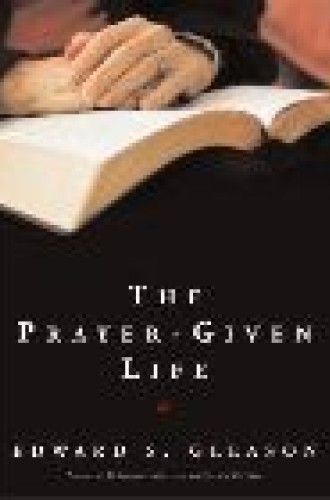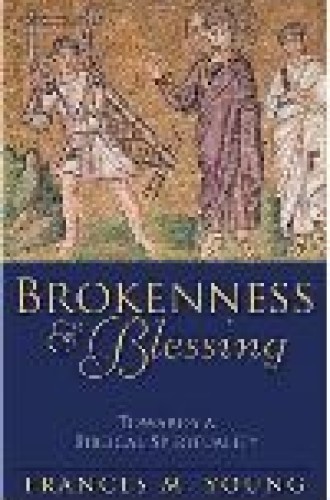BookMarks
“Life is a journey” is both a certainty and a cliché. Young recaptures and deepens the image by describing five stages of the journey: wilderness, wrestling with God, the self-emptying way of Jesus, encountering the “other” in the stranger and the exile, and desire that is both frustrated and fulfilled. A biblical spirituality, she says, “necessitates openness, receptivity, and mutuality, not patronizing ‘do-gooding’ backed up by the assurance that we are right and we have power because we are sent by God.” Young’s accessible yet mature theological reflections incorporate early Christian commentators on the scriptures, and she capably uses a postmodern, typological interpretation of scriptures that is potentially “cathartic,” that is, life-giving. As the mother of an adult child with severe disabilities, she knows whereof she speaks when she urges the reader to “move beyond an easy spirituality of personal well-being, comfort and happiness to rediscover the wilderness way that lies at the heart of the Bible.”
Gleason draws on the morning and evening prayers and the Holy Eucharist in the Book of Common Prayer as the basis for his reflections. His comments and anecdotes bring to life prayers that may be all too familiar for some; for others this book could serve as an entrée into the prayer book.






